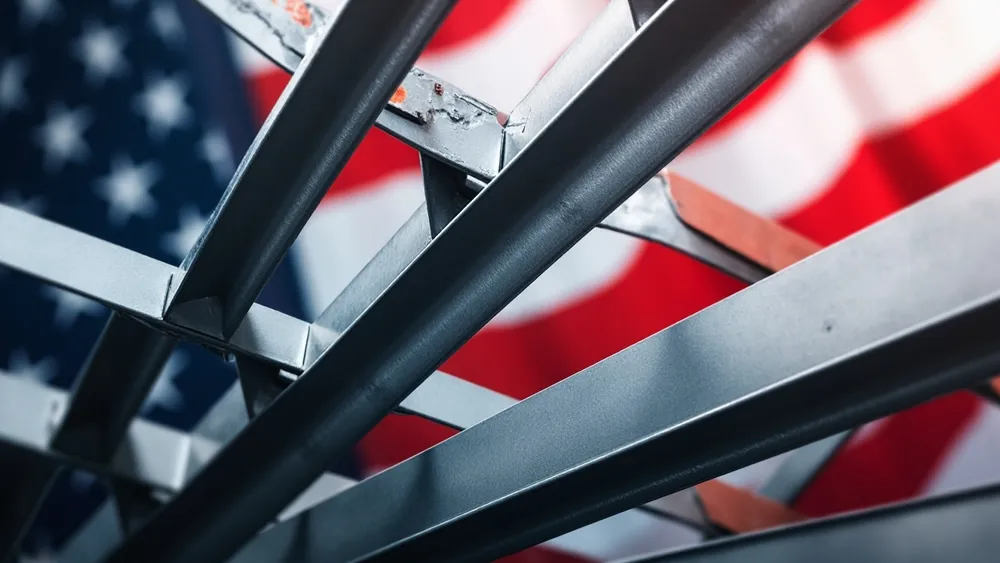Nippon to finalize U.S. Steel acquisition at $55 per share, sources reveal

The recent acquisition of U.S. Steel by Japan's Nippon Steel at $55 per share comes at a critical juncture for the global steel industry, evoking echoes of past industrial consolidations during economic turmoil. This transaction stands not just as a business maneuver but as a significant geopolitical event that may reshape competitive dynamics within the sector. With President Trump endorsing the deal, referring to it as a "partnership" that will inject $14 billion into U.S. manufacturing, this move reflects a growing trend towards cross-border investments aimed at bolstering domestic production capabilities amidst trade negotiations and potential tariffs.
As the steel industry currently grapples with fluctuating prices and evolving supply chains influenced by international trade relations, Nippon's acquisition could alter pricing strategies across the sector. The backdrop of increased regulatory scrutiny concerning national security, notably the Biden administration's earlier opposition to this acquisition, makes this situation particularly complex. Nippon’s imports will be mollified by the assurance of U.S. oversight, including a predominantly American board, essentially creating a unique hybrid model that seeks to enhance control over operations. This arrangement presents an opportunity for U.S. workers, with the potential to safeguard jobs and add to employment; however, it also raises fundamental questions about the influence of foreign entities in critical U.S. industries.
Moreover, this acquisition poses risks and opportunities that stakeholders should be closely monitoring. Comparing this acquisition to the historical precedents set during the 2008 financial crisis, where strategic buyouts aimed at economic recovery were commonplace, one can argue that Nippon is capitalizing on a low valuation of U.S. Steel. Institutional investors may view this as a chance to capitalize on a revitalized steel market, especially with the anticipated infusion of capital aimed at augmenting production efficiency and sustainability through new technologies. However, the possible unintended consequences—such as regulatory pushback from labor organizations like the United Steelworkers—could disrupt the anticipated synergy. The balance between foreign investment and domestic job security remains a precarious tightrope.
In conclusion, as Nippon Steel moves forward with this acquisition, understanding the multifaceted implications will be crucial for investors. Will this investment truly bolster U.S. manufacturing as promised, or will it lead to a dilution of domestic capacities? The interplay between competitive positioning, regulatory compliance, and labor relations could either propel or hinder growth in this sector. As market analysts track these developments in international trade, the industry should brace for shifting economics, while keeping a close eye on global demand signals that are bound to affect pricing structures and strategic alignments well into the future.
Read These Next

30-Year Japanese Treasury Bond Yield Rises 6 Basis Points on May 28, Financial Services Association
30-year Japanese Treasury bond yield rose 6 bps to 2.89%; 40-year yield up 3.5 bps to 3.32%, signaling economic reassessment.

Guoxing Optoelectronics: Navigating Challenges and Seizing Opportunities
Analysis of Guoxing Optoelectronics' Financial Performance and Future Outlook

Japanese 40-Year Treasury Bond Yield Rises 8 Basis Points Ahead of Auction
Japan's 40-year treasury bond yield rose 8 basis points ahead of the auction, reflecting investor risk perception amid global uncertainty.
